Discover the world and get paid.

Travel can be transformative, but what if you could actually earn money while making a positive impact? Sustainable tourism programs around the globe are rewarding adventurous travelers for acting as ambassadors, volunteers, and citizen scientists. By choosing one of these unique opportunities, you’ll not only explore breathtaking landscapes and vibrant cultures—you’ll also leave a meaningful legacy.
In the following list, each destination offers financial incentives or stipends to visitors who commit to conservation projects, community development, or cultural exchange. Whether you’re planting trees in a remote rainforest or teaching English in a rural village, these experiences blend adventure with purpose. Pack your bags, sharpen your skills, and prepare for a journey that pays you back in more ways than one.
1. You can explore Indonesia’s Sumba Island while supporting local communities.
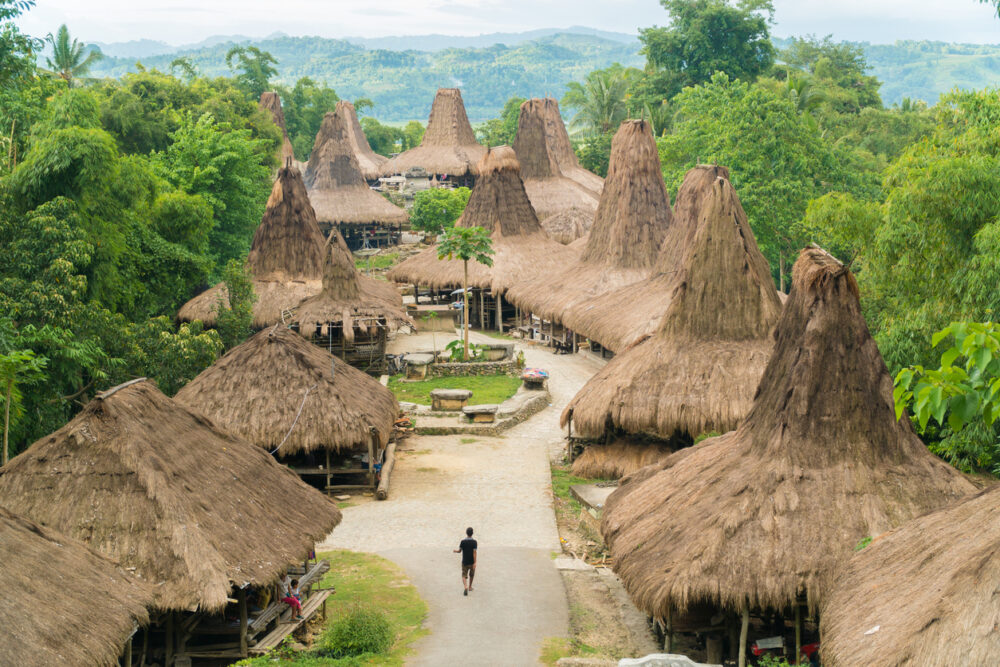
Sumba Island’s hospitality exchange program pays tourists to stay with families, document traditional weaving techniques, and share skills like basic English or carpentry. In return for your contributions, hosts provide free accommodation and a modest daily stipend. You’ll bond over homemade meals, participate in morning rituals, and learn to weave ikat patterns alongside local artisans.
Living with a host family offers more than monetary reward; it forges genuine connections that last well beyond your trip. Every story you capture and every lesson you teach strengthens cultural pride and helps preserve ancestral crafts. By the end of your stay, you’ll leave with memories, friendships, and a small surplus to fund your next sustainable adventure, as mentioned by Shivya Nath at The Shooting Star.
2. You can earn cash by monitoring wildlife in Costa Rica’s rainforests.
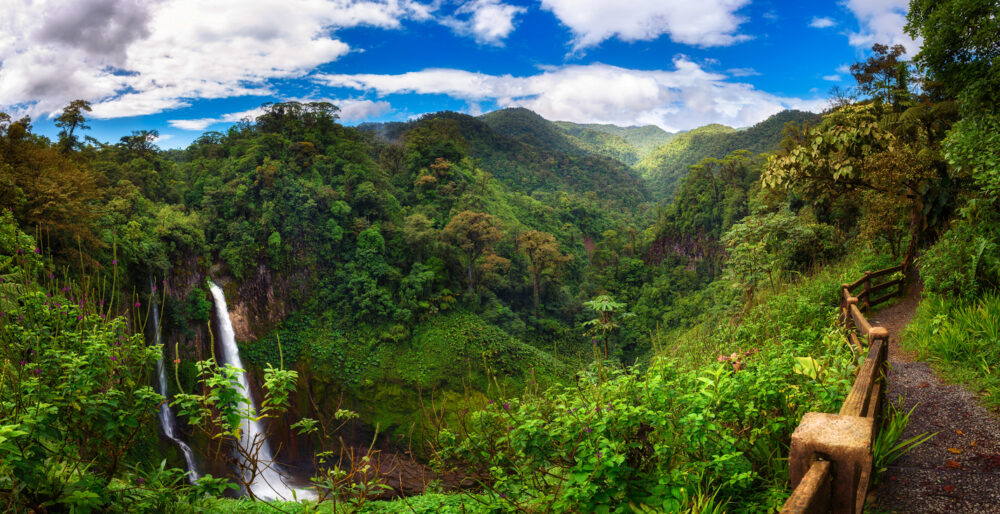
Conservation groups in Costa Rica recruit volunteers to track endangered species like jaguars and resplendent quetzals, according to Johanna Alvear at Rebecca Adventure Travel. Participants receive a weekly stipend, lodging in eco-lodges, and meals made from local produce. Your days are spent hiking through misty forests, setting up camera traps, and recording data that researchers use to map animal populations.
Evenings are for swapping stories around a communal fire and sampling fresh seafood by the riverbank. The money you earn helps offset travel costs, and the skills you gain—like GPS mapping and species identification—enhance your resume. By joining this program, you become part of an international network of citizen scientists dedicated to preserving one of Earth’s most biodiverse regions.
3. You can score a stipend for volunteering at Scotland’s Hebridean Bird Observatory.

On the remote Isle of Colonsay or North Uist, bird observatories offer seasonal roles for bird ringers and data analysts. You’ll receive a living allowance, shared accommodation in research cabins, and hearty home-cooked meals. Tasks range from tagging migratory seabirds at dawn to entering counts of puffins and terns into conservation databases.
Life in the Outer Hebrides is simple but rich in natural beauty, with lantern-lit nights and dramatic coastlines, shared Kate at World Pakcers. Conversations over tea often turn to rare sightings and weather patterns, forging a community united by passion for ornithology. The stipend you receive helps cover travel expenses, while the hands-on experience deepens your understanding of avian ecology in a way no textbook ever could.
4. You can get paid to teach English in rural Cambodia.
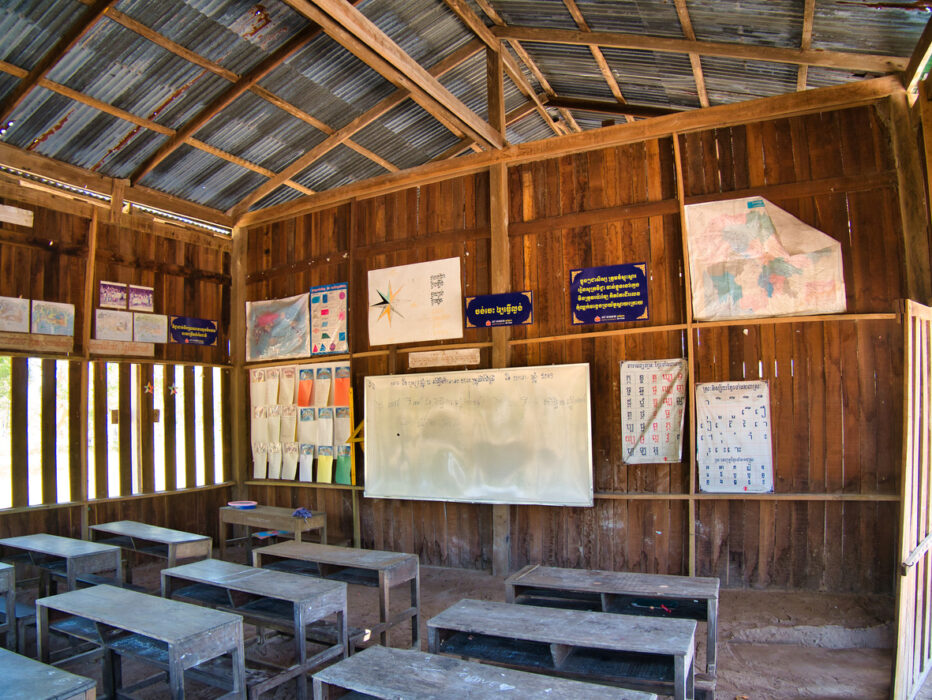
Several NGOs in Cambodia recruit native and fluent English speakers to teach in village schools, offering monthly stipends that cover room and board. Class sizes are small, so you’ll build strong rapport with students as you lead lessons, organize games, and host reading circles. Local coordinators arrange homestays with families eager to practice conversational English.
After class, weekends might include temple visits or joint cooking sessions where you learn to prepare fish amok. The stipend not only offsets your expenses but also supports local schools by reducing operating costs. As you witness students’ confidence grow, you’ll realize that your time and salary have a far-reaching impact on educational opportunities in underserved communities.
5. You can earn money restoring coral reefs in the Philippines.

Marine conservation programs in the Visayas pay divers to plant coral fragments and monitor reef health. You’ll stay in beachfront volunteer houses, receive dive training, and earn a daily allowance. Under the guidance of marine biologists, you’ll learn to use underwater drills to secure coral to reef structures and record indicators like water temperature and acidity.
When you surface, local chefs prepare fresh seafood lunches, and evenings are spent sharing photos of vibrant schools of fish. The stipend helps cover gear rental and travel costs, making this opportunity accessible to budget-conscious travelers. Beyond the financial reward, you’ll leave knowing you’ve contributed to the resilience of reefs that support food security and coastal protection for nearby communities.
6. You can collect data on glaciers in Iceland and receive a living stipend.

Glaciology research stations across Iceland’s remote highlands hire assistants to measure ice thickness, track melt rates, and install monitoring sensors. Participants are housed in shared cabins and receive a weekly stipend. Sunrise treks over sparkling blue ice reveal crevasses and moulins, while evenings are perfect for stargazing under the aurora borealis.
Your work directly informs climate models and policy decisions, making every measurement crucial. The modest stipend helps offset the high cost of living in Iceland, and the friendships you form with scientists from around the world add an enriching social element. By contributing to this vital research, you’ll gain skills in data collection and environmental observation that few travelers ever experience.
7. You can earn a stipend by teaching sustainable farming in Kenya.
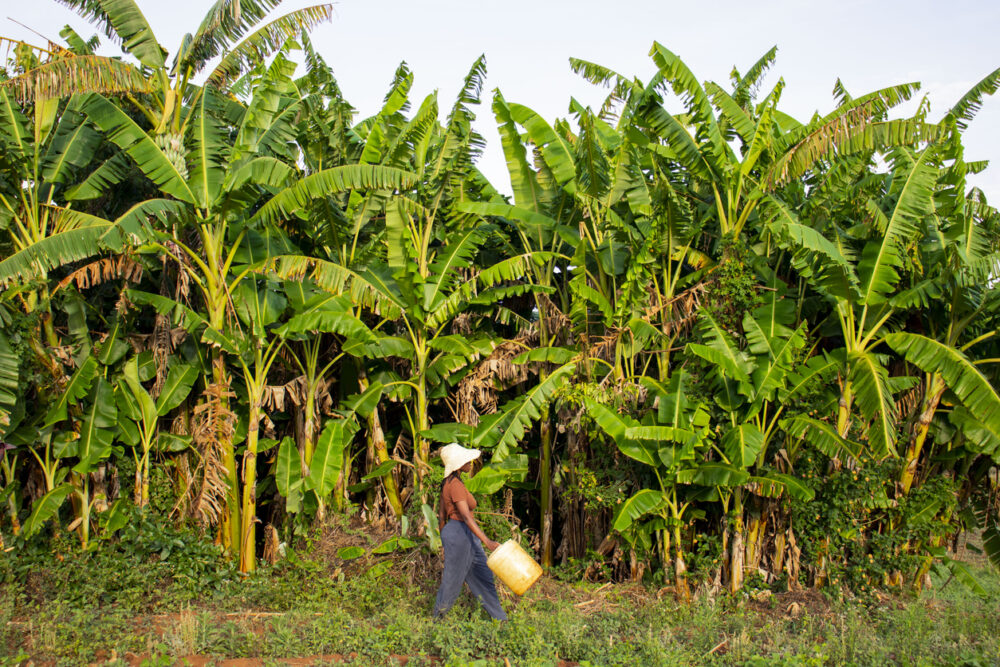
Agroecology projects near Kisumu welcome volunteers to share permaculture techniques with smallholder farmers. You’ll live in eco-friendly cottages, receive morning farm-to-table meals, and earn a monthly allowance. Daily tasks include building compost systems, planting indigenous drought-resistant crops, and leading workshops on soil regeneration.
Evenings bring communal storytelling sessions under acacia trees, where you exchange ideas about regenerative agriculture and community resilience. The stipend helps support your stay and reinforces the program’s mission by reducing dependency on donor funding. By the time you depart, you’ll take home practical know-how for your own garden and the satisfaction of empowering farmers to improve yields sustainably.
8. You can help map biodiversity in Slovenia’s Triglav National Park for pay.

Citizen science initiatives in Slovenia hire nature enthusiasts to survey plant and insect species in alpine meadows. Accommodations range from mountain huts to village guesthouses, and volunteers receive a daily stipend. Equipped with field guides and GPS devices, you’ll catalog rare orchids, dragonflies, and endemic butterflies across varied elevations.
Interactions with local biologists lead to impromptu lessons in ethnobotany and folklore tied to the land. Your records contribute to long-term monitoring projects that guide conservation strategies in this UNESCO biosphere reserve. The stipend covers your lodging and travel, making it possible to explore off-the-beaten-path trails without financial stress. You’ll depart with detailed knowledge of European alpine ecosystems and unforgettable mountain vistas.
9. You can earn cash by volunteering at community art projects in Brazil.

Social enterprises in Salvador invite creatives to lead mural painting and art therapy sessions in underserved neighborhoods. In exchange for your expertise, you receive a weekly stipend, workspace materials, and meals prepared by local cooks. You might guide youths in painting murals that celebrate Afro-Brazilian heritage or facilitate workshops on upcycling urban waste into art.
Afternoons often include samba lessons or forró gatherings that immerse you in rich musical traditions. The stipend makes it easier to budget for weekend excursions to colonial towns or nearby beaches. Beyond the paycheck, you’ll leave behind vibrant public art installations and new friendships, knowing that your creative skills have boosted community pride and youth empowerment.
10. You can support forest regeneration in Madagascar for financial reward.
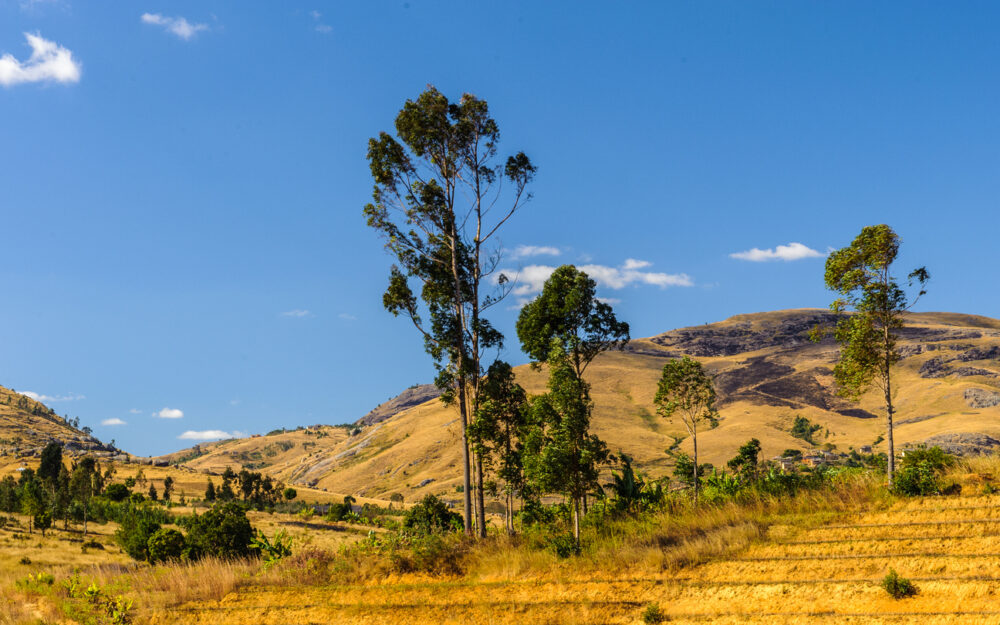
Reforestation programs hire volunteers to plant endemic tree species and monitor sapling survival in eastern rainforests. You’ll stay in eco-lodges powered by solar energy, receive three daily meals, and earn a modest daily wage. Trekking through dense foliage, you’ll learn to identify tree seedlings and use GIS tools to map planting zones.
While you work, local guides share traditional stories about ebony and rosewood, adding cultural depth to your efforts. The stipend helps offset the cost of remote travel and reinforces program sustainability. When your journey ends, you’ll have contributed to restoring habitat for lemurs and numerous endemic species, playing a tangible role in conserving one of the world’s biodiversity hotspots.
11. You can get paid to monitor air quality in urban India.

Citizen science networks in Delhi and Bangalore recruit volunteers to install low-cost air sensors on rooftops and balconies. Participants receive a small stipend, training sessions, and communal meals at co-working hubs. You’ll learn to calibrate sensors, collect particulate matter data, and upload readings to open-access platforms that policymakers consult.
Community meetings often follow, where you discuss findings with health professionals and local activists. The stipend offsets daily expenses in bustling cities and encourages sustained participation. By the time you leave, you’ll understand the intersection of technology and public health and have added valuable data that shapes clean-air initiatives affecting millions.
12. You can earn money by teaching sustainable tourism in rural Japan.

On the island of Shodoshima, eco-tourism cooperatives hire volunteers to guide visitors through olive groves and salt farms while teaching English. You’ll receive homestays with local families, three meals a day, and a small monthly stipend. Daily routines blend orchard work with cultural workshops on tea ceremonies and pottery.
Weekends are for hot spring visits and kayaking along serene coastlines. The stipend makes it feasible to immerse yourself in island life, and you’ll leave with a nuanced appreciation for Japan’s commitment to harmony between culture and environment. Your role helps diversify local economies and preserve centuries-old traditions.
13. You can earn a stipend for trail maintenance in Canada’s national parks.
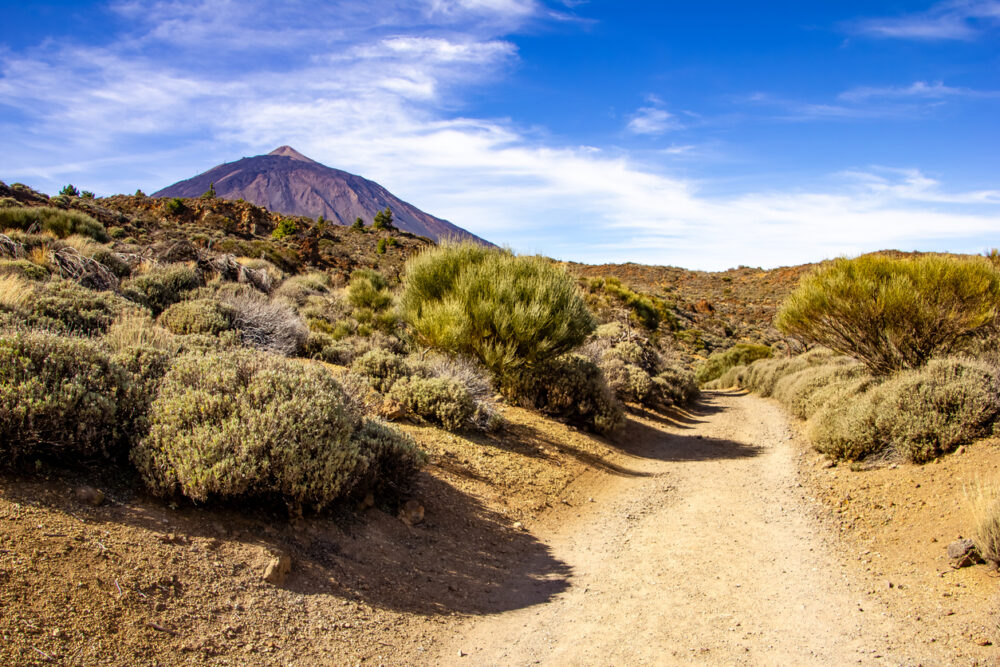
Parks Canada hires seasonal crews to repair trails, clear wildfire debris, and build footbridges in places like Banff and Jasper. Crew members receive rustic cabin lodging, meals cooked by the team, and a competitive stipend. Workdays involve hiking rugged terrain with tools on your back, collaborating with rangers to protect fragile ecosystems.
Evenings around a camp stove encourage storytelling about alpine wildlife and historic mountaineering feats. The stipend helps you budget for gear and travel, making it a practical option for outdoor enthusiasts. By maintaining trails, you ensure that future visitors can safely experience Canada’s majestic wilderness—while earning money to fund your next adventure.
